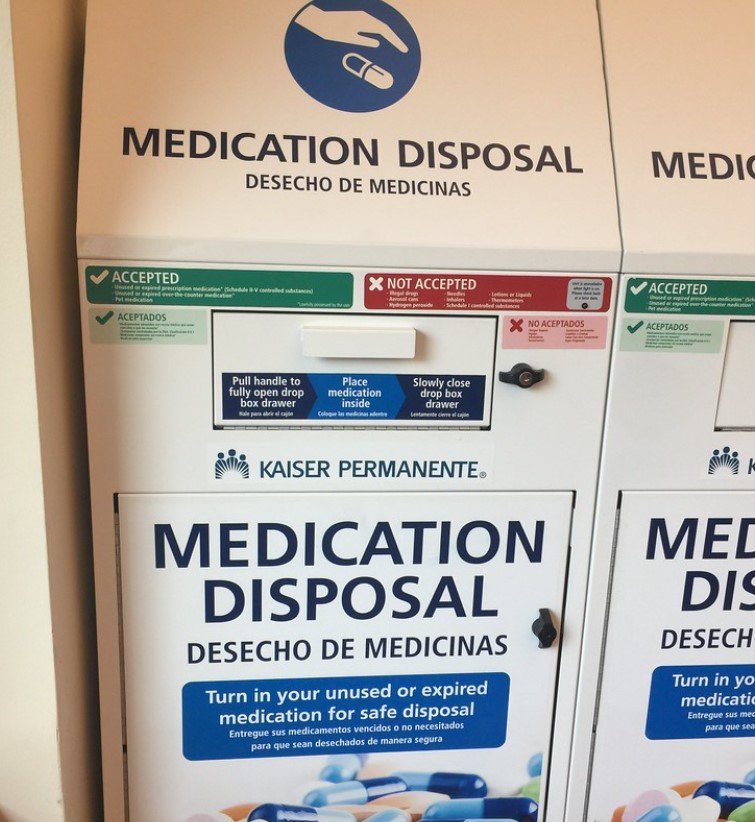In a recent outburst, Ghanaian reggae musician and radio presenter Blakk Rasta has openly criticized the authorities for burning seized marijuana and cocaine. He questioned the logic behind this practice, suggesting that the drugs could be processed and sold for revenue instead. Blakk Rasta’s comments have sparked a debate on the effectiveness and environmental impact of burning illicit drugs, highlighting the need for alternative approaches to handling seized substances.
Blakk Rasta’s primary argument revolves around the potential economic benefits of processing and selling seized drugs. He pointed out that countries like the Netherlands and several states in the USA have legalized marijuana and generate significant revenue from its sale. According to him, Ghana could adopt a similar approach, turning seized marijuana into products like edibles or medicinal items, thereby creating a new revenue stream for the government.

He also questioned the environmental impact of burning drugs, particularly when done in public spaces like beaches. Blakk Rasta highlighted the potential harm to the ecosystem, including fish and birds, caused by the open burning of toxic substances. He suggested that authorities should use incinerators instead, which would be a more controlled and environmentally friendly method of disposal.
Furthermore, Blakk Rasta criticized the lack of proper facilities for drug disposal in Ghana. He argued that in the 21st century, it is unacceptable for the police to burn drugs in public areas, and called for the establishment of official incinerators to handle such tasks more efficiently and safely.
Environmental and Health Concerns
The environmental impact of burning drugs is a significant concern raised by Blakk Rasta. Open burning releases harmful chemicals into the air, which can have detrimental effects on both human health and the environment. The smoke from burning marijuana and cocaine contains toxic substances that can contribute to air pollution and respiratory problems.
Blakk Rasta emphasized the need for a more sustainable approach to drug disposal. He suggested that authorities should explore alternative methods, such as using incinerators or other technologies that minimize environmental harm. This would not only protect the environment but also ensure the safety and well-being of the public.
In addition to environmental concerns, there are also health risks associated with the current practice of burning drugs. The exposure to toxic fumes can pose serious health hazards to those in the vicinity, including law enforcement officers and bystanders. Blakk Rasta’s call for better disposal methods aims to address these health risks and promote a safer approach to handling seized drugs.
Alternative Approaches to Drug Disposal
Blakk Rasta’s criticism has sparked a broader discussion on alternative approaches to drug disposal. One potential solution is the use of incinerators, which provide a controlled environment for burning drugs and minimize the release of harmful chemicals. Incinerators can effectively destroy drugs while reducing the environmental and health risks associated with open burning.
Another approach is to explore the potential for processing seized drugs into legal products. For example, marijuana could be converted into medicinal products or edibles, which could then be sold to generate revenue. This approach would require a regulatory framework to ensure that the processed products meet safety and quality standards.
Additionally, authorities could consider implementing more robust recycling and waste management programs for drug disposal. This could involve collaborating with environmental organizations and experts to develop sustainable methods for handling seized substances. By adopting these alternative approaches, Ghana could improve its drug disposal practices and address the concerns raised by Blakk Rasta.
In conclusion, Blakk Rasta’s criticism of the authorities’ practice of burning seized drugs has highlighted the need for alternative approaches to drug disposal. His arguments emphasize the potential economic benefits, environmental impact, and health risks associated with the current practice. By exploring alternative methods, such as using incinerators or processing drugs into legal products, Ghana can develop a more sustainable and effective approach to handling seized substances.
Jane Smith is a seasoned article writer specializing in cannabis-related content. With a keen focus on the latest trends, research, and developments in the cannabis industry, she brings a fresh perspective to her writing. Jane’s insightful articles delve into the medicinal benefits, legalization efforts, and evolving culture surrounding cannabis. Her engaging storytelling and informative approach make her a trusted source for readers seeking accurate and up-to-date information on all things cannabis.








